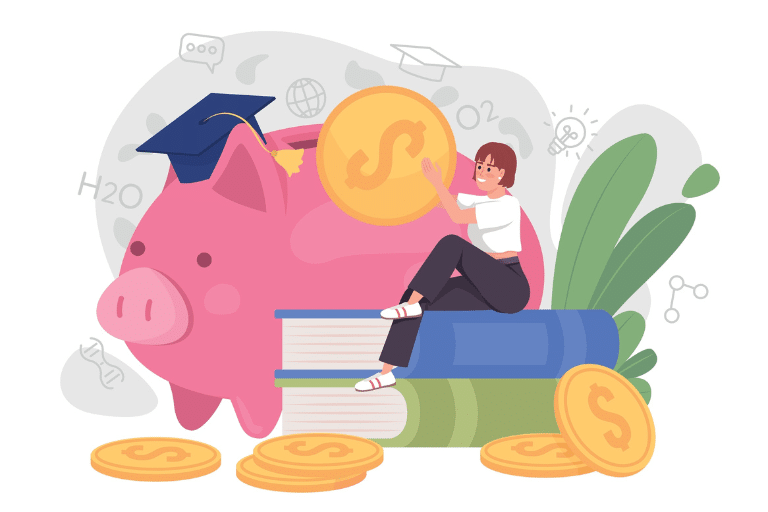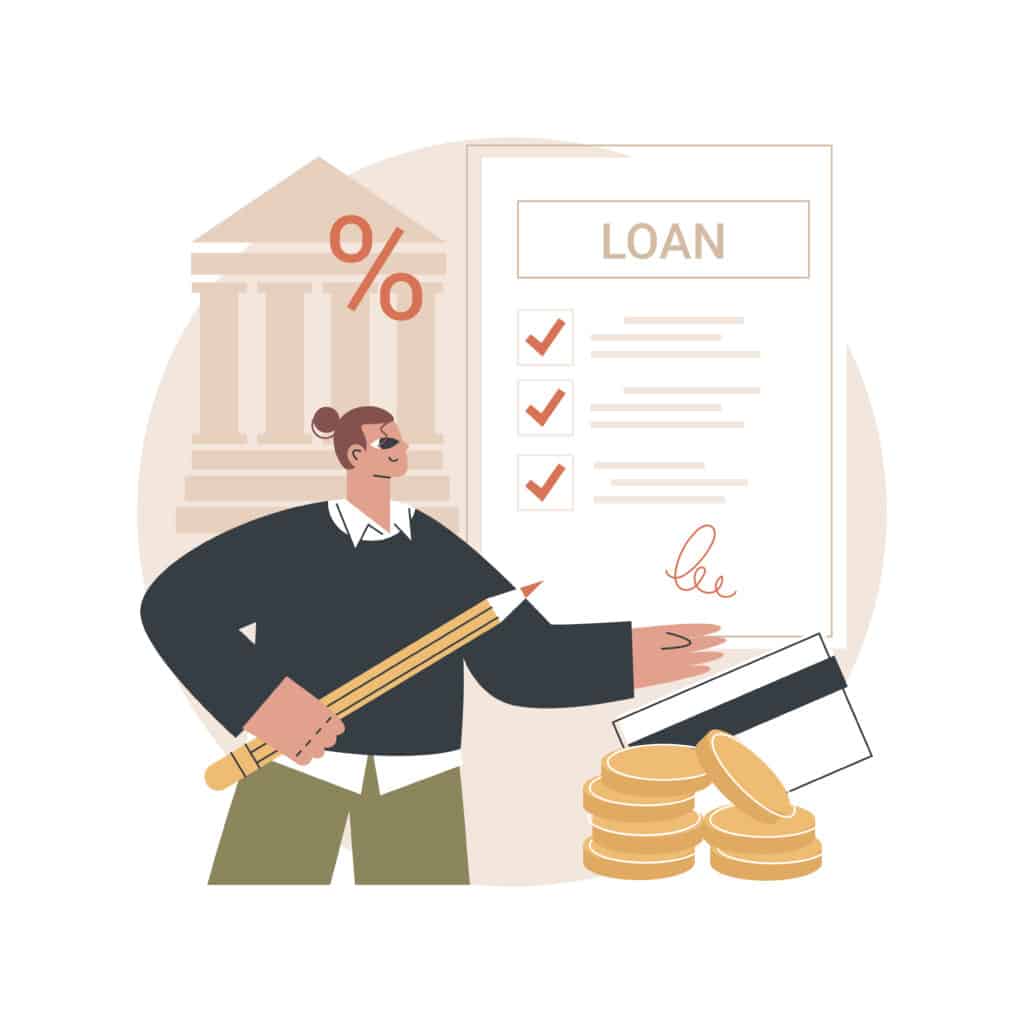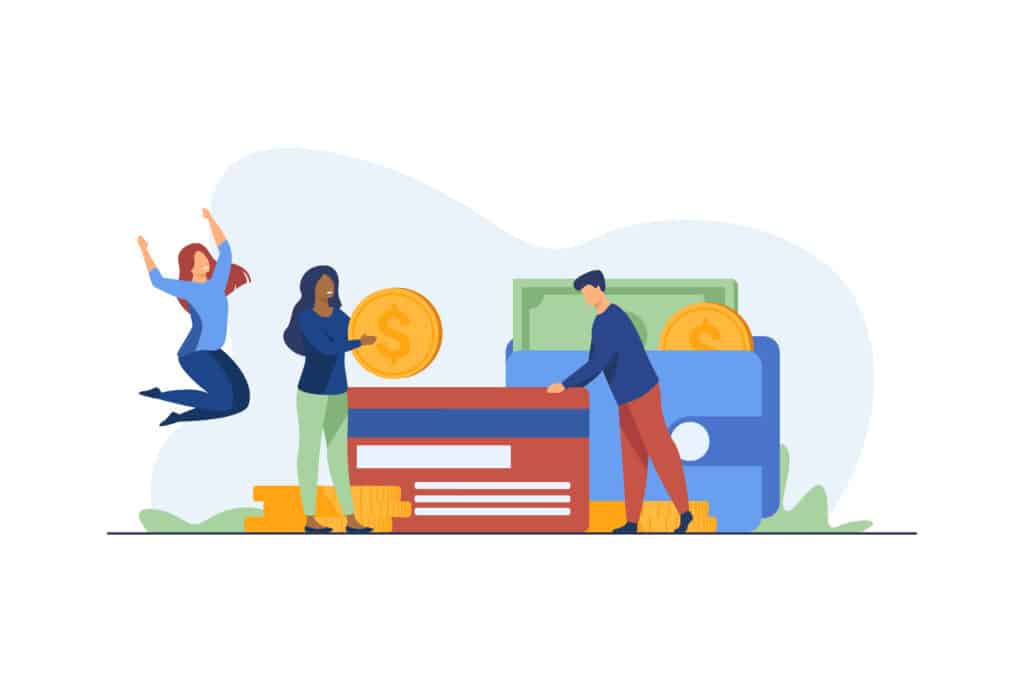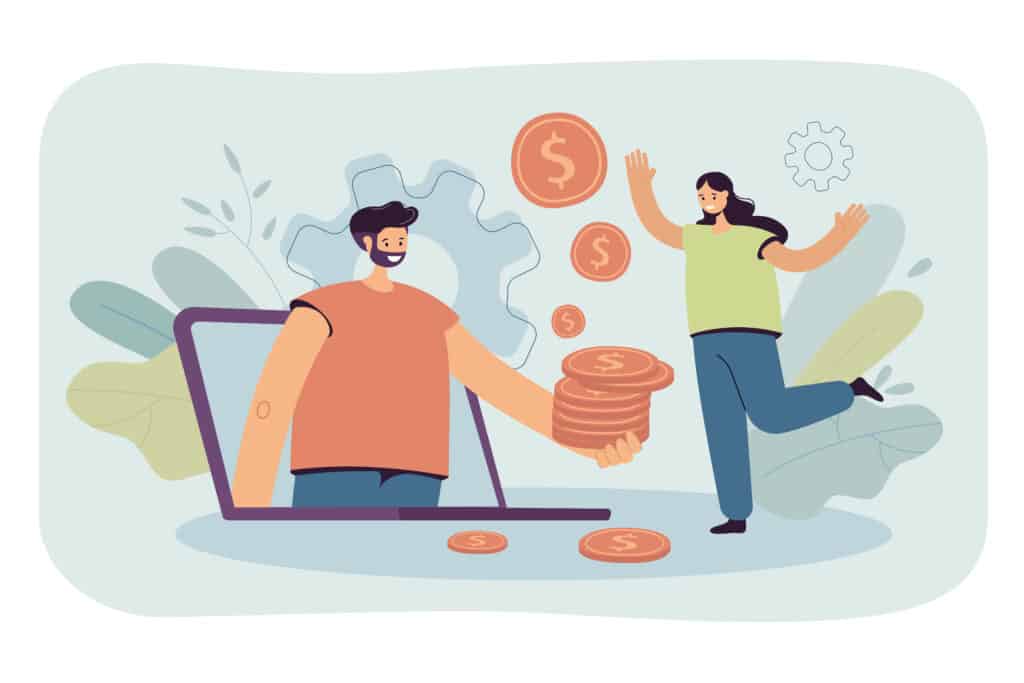Refinance Student Loans

Refinance
6 Best Lenders To Refinance Student Loans with a Cosigner
Refinancing your student loan with a cosigner may lead to better rates, lower monthly payments, and higher approval odds. We look at the best lenders that can refinance student loans with a cosigner.

Forgiveness
10 Best California Student Loan Forgiveness Programs This Year
Are you struggling to pay off your student loans in California? Explore the best student loan forgiveness options available to reduce your debt burden and improve your financial future.

Repayment
How To Defer Student Loans When Going Back To School
Deferring student loans helps you go back to school without worrying about making payments on their previous student loans. Find out how

Refinance
8 Best Student Loan Refinance Companies Right Now
Refinance your student loans today and save thousands of dollars. We’ve compiled eight of the top lenders available to help you achieve this in the best way possible.

Refinance
Best Lenders to Refinance Student Loans with Bad Credit this Year
Struggling with bad credit, high student loan payments, and looking to refinance your loans? Here are 5 ways to refinance student loans with bad credit along with the best lenders for it.

Refinance
10 Lenders That Refinance Student Loans Without Degree
Are you looking to refinance your student loans without a degree? Some lenders are offering this option, read on to find out more.

Forgiveness
7 Best Maryland Student Loan Forgiveness Programs of this Month
Residents of Maryland can take advantage of the various student loan forgiveness programs available at their disposal. Read on to find out which one is right for you.

Top 7 Student Loan Forgiveness For Nurses Programs
Getting a student loan forgiveness can help you with your student loan debt. Here is an explanation of the top student loan forgiveness options available for nurses programs.